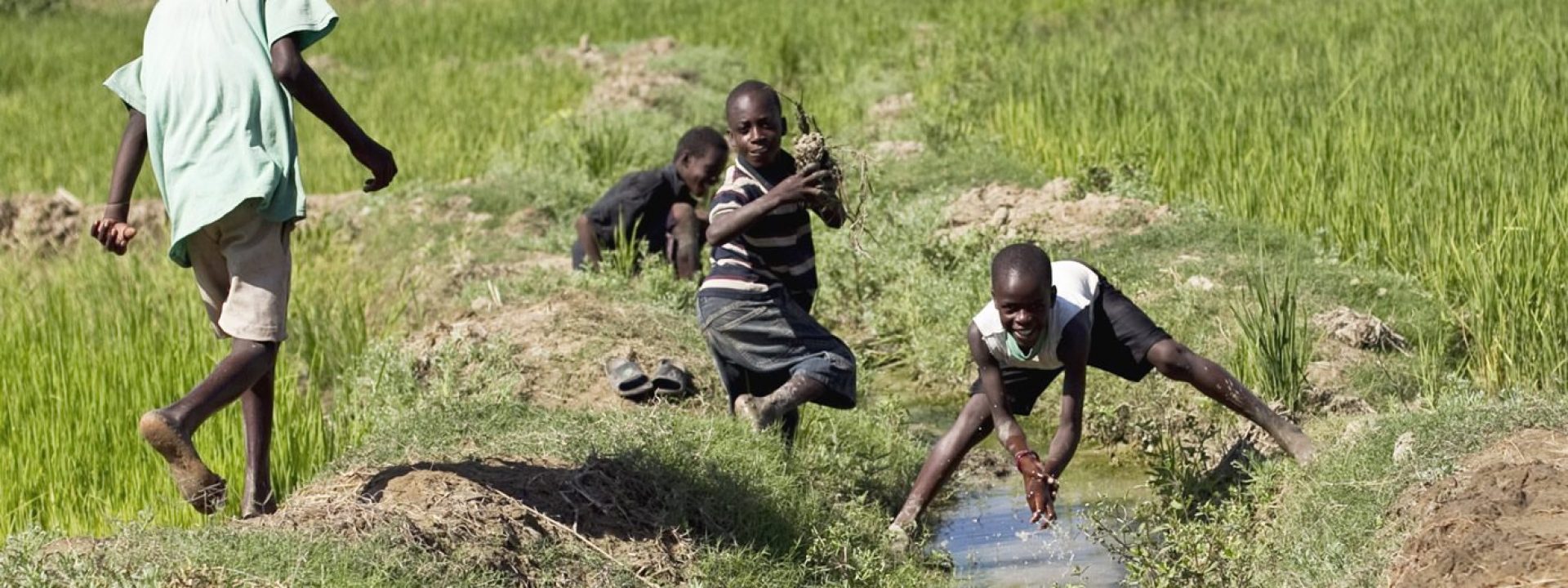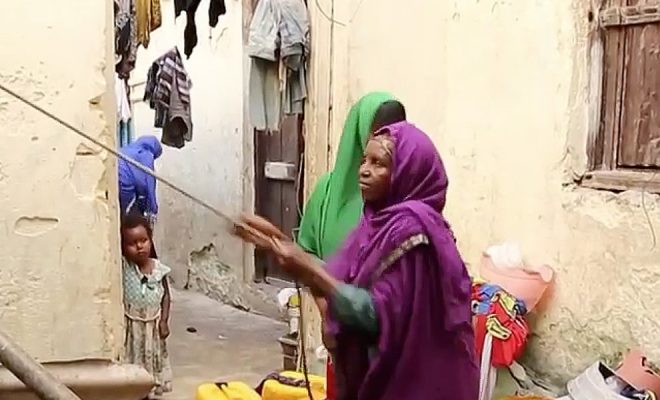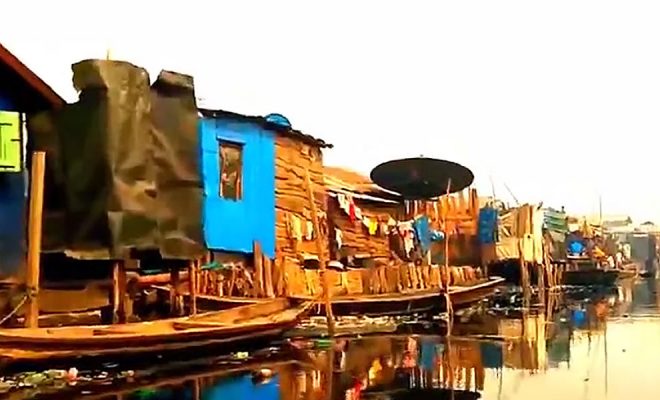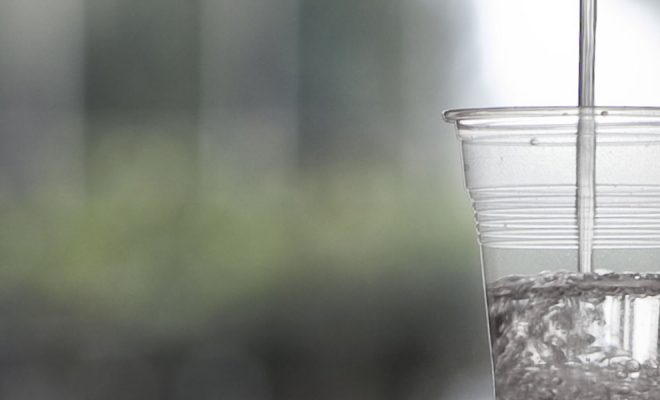Waste water is the result of any human activity that affects the quality of water. After using water in our homes, factories and crop fields, we return it to nature with very different degrees of degradation based on the sanitation facilities we use and the water treatment processes we implement. According to the World Bank, over 80% of the waste water generated in the world today returns to the ecosystem without having been treated at all.
We face a serious problem that divides the world into two large blocks: the economically developed countries, which have the technology and financial resources for its collection and treatment, and the poorest countries, in which large urban and rural areas lack the most basic sanitation and treatment facilities.
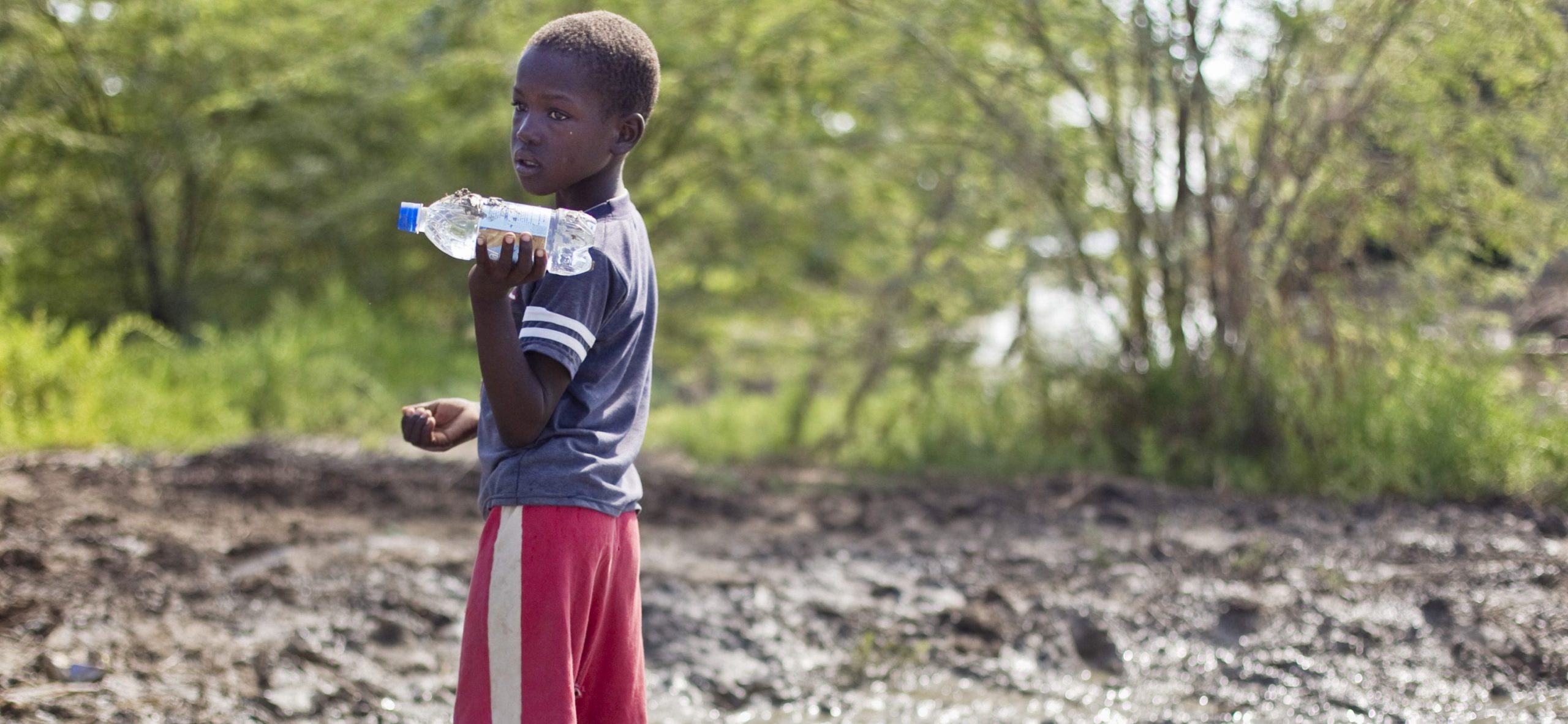
© UN / Sophia Paris.
In the first group of countries, waste water has been basically considered an environmental problem, which has been tackled with a large network of water treatment plants, with the goal of returning water to nature with an acceptable level of pollution. This level has been established by the existing legislation, which has evolved based on the detection of new pollutants and its negative effects on the health of the affected people and on the flora and fauna. In these countries, the emerging pollutants (those recently detected and not subject to law) are one of the main problems in the treatment process, which needs to be technologically effective and financially sustainable.
Until now there have been no problems of access to water and its renovation in these economically developed countries. But in the last few decades, the hydrological overexploitation in different areas, along with the gaps in administrative management and the tangible menace of climate change have led many countries to change their strategy radically and address the reuse of water as a key element for their future. This is the case of many Mediterranean countries in Europe: changes in the rainfall regime, increase of temperatures, legislative and competence complexity and increase of the water consumption in summer due to tourism. In these countries, which Spain belongs to, water is no longer a renewable resource and it is too scarce to be used only once.
A human right that cannot be postponed
In developing countries, the waste water problem is more serious, affecting human rights. The lawyer Aniza García, a former member of the Advisory Board of the Cooperation Fund for Water and Sanitation, presents the foundations of this approach:

Aniza García, during the round table Sanitation: engine of progress organised by the We Are Water Foundation at the Roca Madrid Gallery to commemorate World Toilet Day 2016
The figures are harsh and go beyond the pollution of the ecosystem: at least 1.8 billion people use a water source that is contaminated by waste water, putting themselves at risk of contracting cholera, dysentery, typhus or polio. This situation, caused by deficient sanitary infrastructures, along with the lack of hygiene and of any kind of sanitary control, causes around 842.000 deaths every year. As always, children are the most affected: every day, nearly 1000 die due to diarrhoeal diseases related to the consumption of contaminated water.
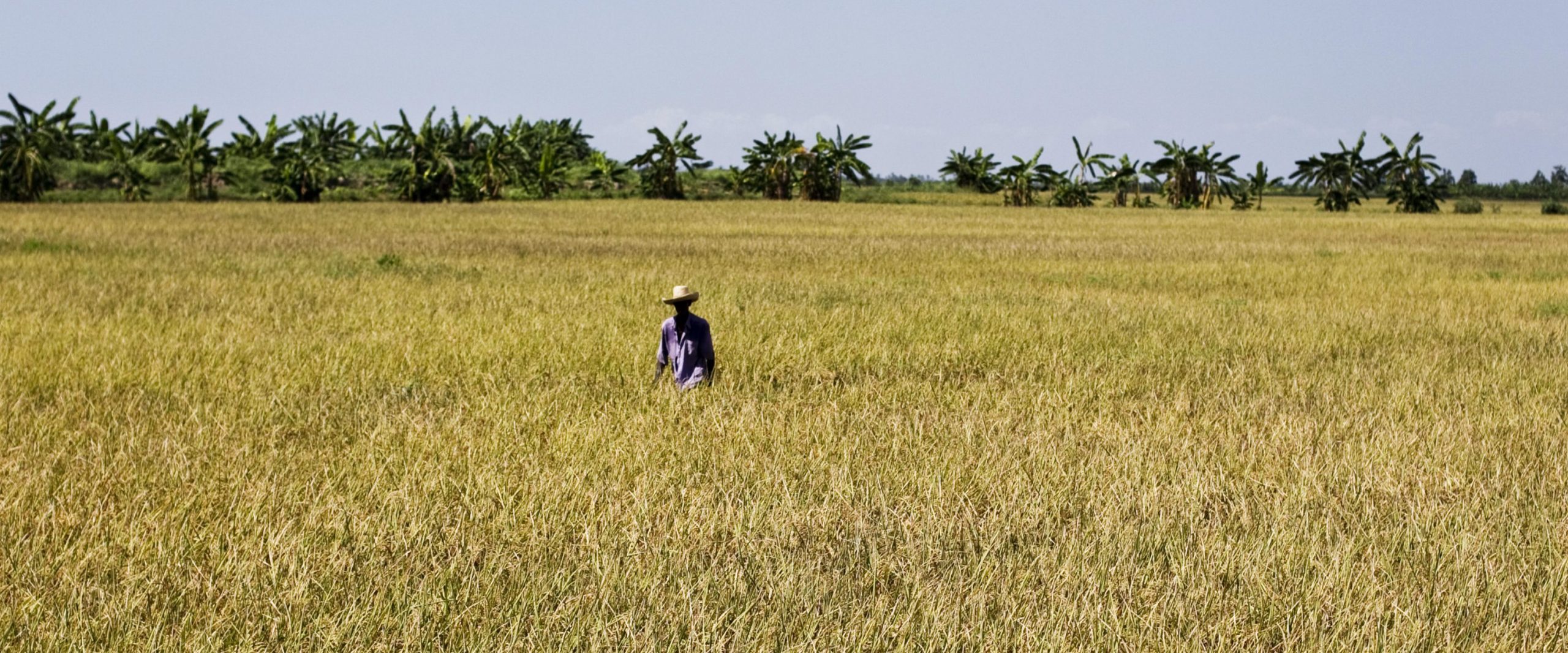
© UN / Sophia Paris.
The fight against this scourge is essential to attain the UN Sustainable Development Goals. Goal number 6 focuses on guaranteeing an adequate and sustainable access to water, reducing the proportion of untreated waste water and increasing the recycling and reuse of untreated water. One of the goals of this World Water Day is to raise global awareness of the need to attain Goal 6 if we wish to attain most of the other goals: without access to water and sanitation, it will not be possible to end poverty (SDG 1), or hunger (SDG 2), nor will it be possible to attain health (SDG 3) or gender equality (SDG 5), let alone preserve the life in the ecosystems (SDG 14 and 15).
In these countries, most of them located right in the subtropical area, the menace of climate change makes a determined international action even more necessary in order to develop efficient sanitation infrastructures and strategies to reuse water. This 1.8 billion people that live surrounded by waste water need the political and institutional will to finance projects for waste water treatment and reuse as a key factor for their survival. For the most affected, the access to technology and training for water treatment should not be another barrier to be added to their dramatic situation.
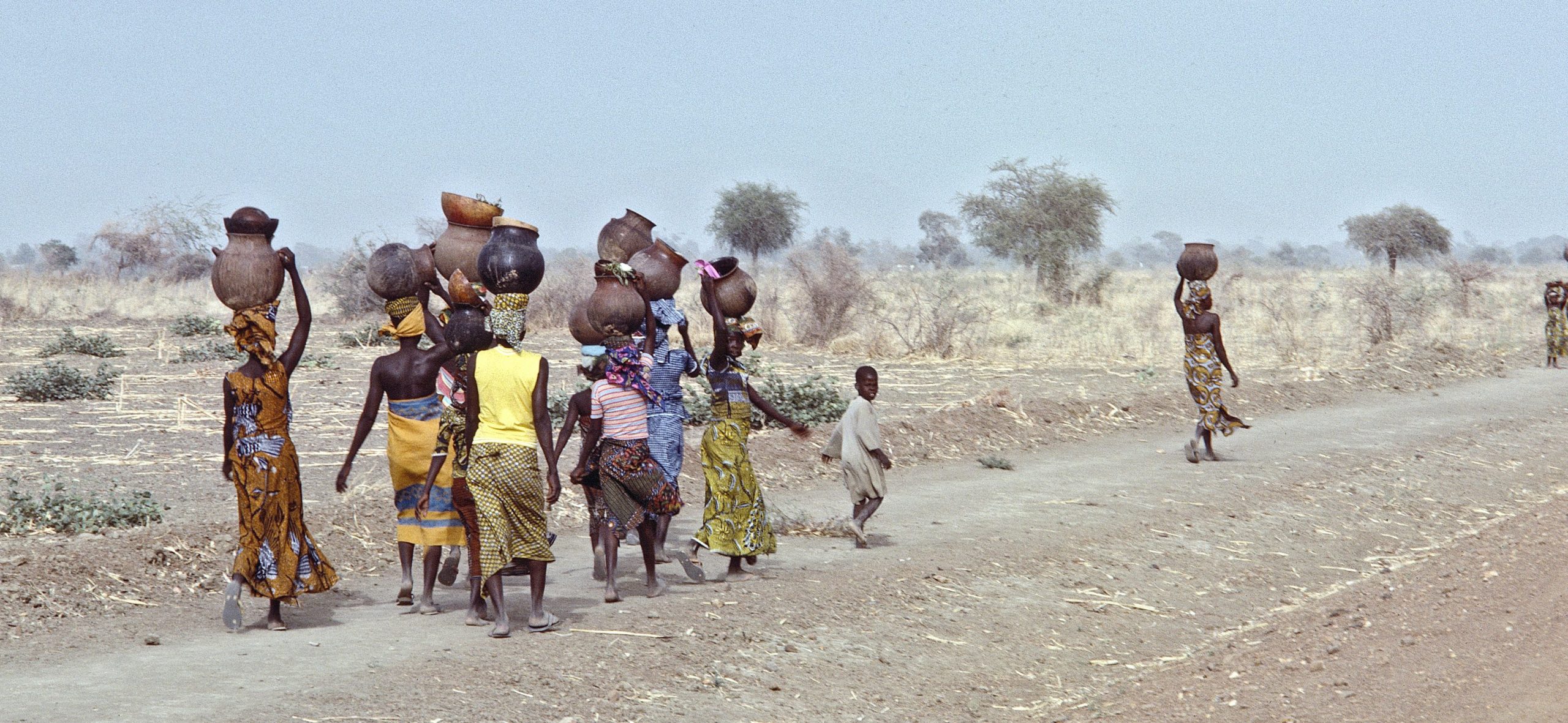
© UN Photo_A Rozberg.
A necessary debate
This is a complex challenge involving science, technology, awareness and solidarity. The Foundation celebrates World Water Day on the 22nd March with a debate for experts in the complex world of waste water and its reuse. Moderated by Pedro Pablo García, actor and journalist. Hi is an assistant director of the department Efefuturo/Efeverde, Carles Ibáñez Martí, member of the Advisory Council of Sustainable Use of Water of the Government of Catalonia, and is currently a member of the Advisory Council for Sustainable Development of the same government. He is also a member of the Group of Experts on Climate Change of Catalonia, as well as of the Global Research Alliance, Juan Mateo Horrach Torrens, member of the faculty of the University of the Balearic Islands as associate professor for over 18 years. Moreover, he has been the director of T.C.V. S.L. for more than 20 years and he is currently an industrial engineer on personal leave at the Consell de Mallorca, Gonzalo Delacámara International consultant on the economics of natural resources for the Economic Commission for Latin America and the Caribbean (ECLAC), the Food and Agriculture Organization (FAO), the United Nations Educational, Scientific and Cultural Organization (UNESCO), the World Health Organization-Pan American Health Organization (WHO-PAHO) and the United Nations Development Programme (UNDP). He also works as a consultant for the World Bank and the Inter-American Development Bank, and Xavier Torras, Director of the We Are Water Foundation, will provide their ideas and will discuss about this vital factor for life. We will present their conclusions in future articles.
The debate gets to the very heart of the goals of the We Are Water Foundation, as explained by Xavier Torras in this video:
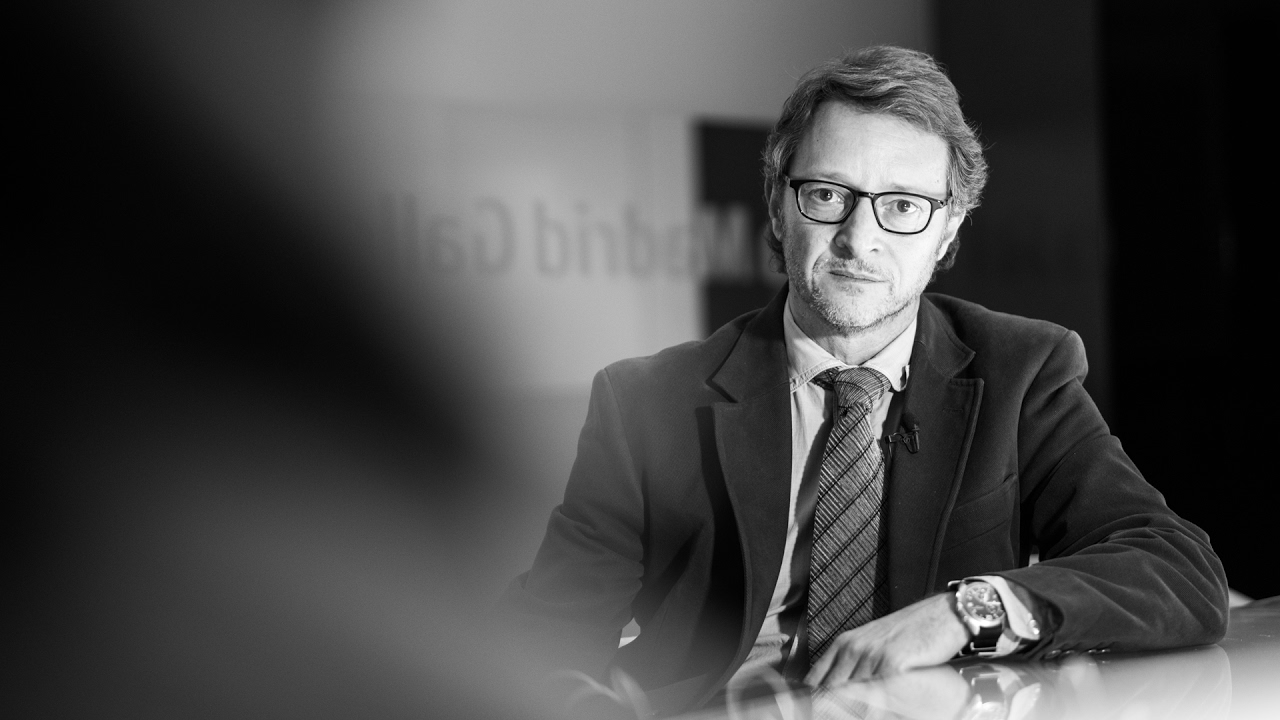
Xavier Torras, during the round table Sanitation: engine of progress organised by the We Are Water Foundation at the Roca Madrid Gallery to commemorate World Toilet Day 2016.


